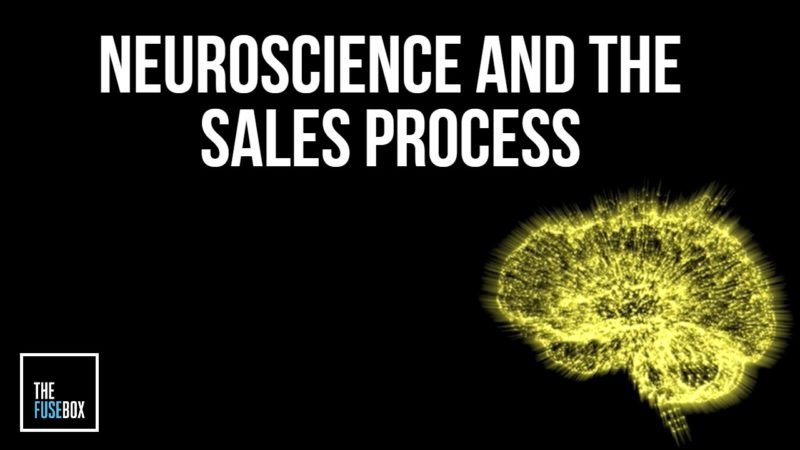Most people hate process. Or at least the word. It conjures feelings of boredom, tediousness, frustration. Lots of talk about efficiency and effectiveness. And lots of confusion about the difference between the two. Yet, process is what guides our day to day at work. It helps us decide what to do, when to do it, and in many cases, how to do it.
Recently, I’ve been wondering about the effect current sales processes in the tech industry have on sales performance – specifically, the neurological impact these processes have on our brains and ability to meet targets.
As I continue on my journey to gain a Masters in Psychology and Neuroscience, I’ve had the opportunity to learn about what makes us do what we do. And I have been applying this to our understanding of the sales process as it continues to evolve with the rapid changes in technology and, more recently, a paradigm shift brought about by the Covid-19 pandemic.
My hypothesis is that the sales processes we follow in tech create an environment that:
- Dehumanises the sales engagement,
- Destroys curiosity, and
- Hampers creativity
These 3 things all combine to create a cycle of commoditisation, driving down our margins even further, and creating a breeding ground for systemic poor mental fitness.
In the 25 years I have worked in tech, through hundreds of engagements to transform sales and marketing processes, I have identified 3 types of sales process, each one engendering a particular mindset leading to varying levels of psychological distress and repercussions on performance:
The Glengarry Glenross Approach
The traditional model, driven by the ABC mantra – Always Be Closing! It’s a push approach with the product/service at its core and no real sight of the Buyer. In this approach the sales force is disconnected from the customer. “You are only as good as your last quarter” is the predominant mindset. The process itself drives a behaviour that forces the sales rep to be self-focused, constantly self evaluating against colleagues and correlating the buy/no buy decision to self worth which can lead to social anxiety.
The Solution Approach
Here the product/offering is hidden within the solution to a particular customer challenge. Although the premise is that because it is a solution, the customer is more centre-stage, that is not the case. It is the pre-conceived offering that has been labeled a “solution” which drives the engagement.
Although the term solution conjures images of a consultant helping you develop something that is unique to your organisation and a buyer’s personal functional goals, in reality, it is often colouring by numbers. These sales forces are strangled by process, with little to no room for creativity or innovation, where individuals are driven into a sales trance, created by apathetic boredom which can lead to loneliness and depression.
The Salesforce Approach
Salesforce introduced a mass market, digitally-centered, factory style sales methodology that has proven to be a highly efficient approach to selling in a utility model. There is no denying that from a commercial perspective this is a hugely successful approach. But like many utility companies have come to learn in their maturity, the customer experience is lost and customer-centricity is difficult to obtain.
Although most companies who practice this approach spend inordinate amounts of time and money on understanding the customer journey, the actual understanding of the buying process is limited. I reckon this is because we continue to want to see the buying process as a linear model so that it is easier to create a sales process to map onto it and operationalise. The reality is that as B2B and B2C merge, driven by the consumerisation of IT, buying will continue to be a chaotic, asynchronous, unpredictable process. Toxic productivity reigns in this model which can lead to chronic stress causing heart disease and depression.

In upcoming posts, I’m going to deep dive into these 3 types of environment, exploring the impact on both the bottomline and the sales professional. My aim is to research the psychological triggers created by these sales processes that exacerbate poor mental fitness as well as possible interventions to develop a HEALTHY sales team.
In the meantime, what’s your take on these sales approaches?
Concerned about the impact that your existing sales process might be having on the mental fitness of your sales team? Contact me at info@thefusebox.com to explore a complimentary assessment and see how your organisation measures on the Sales Wellbeing Index.


